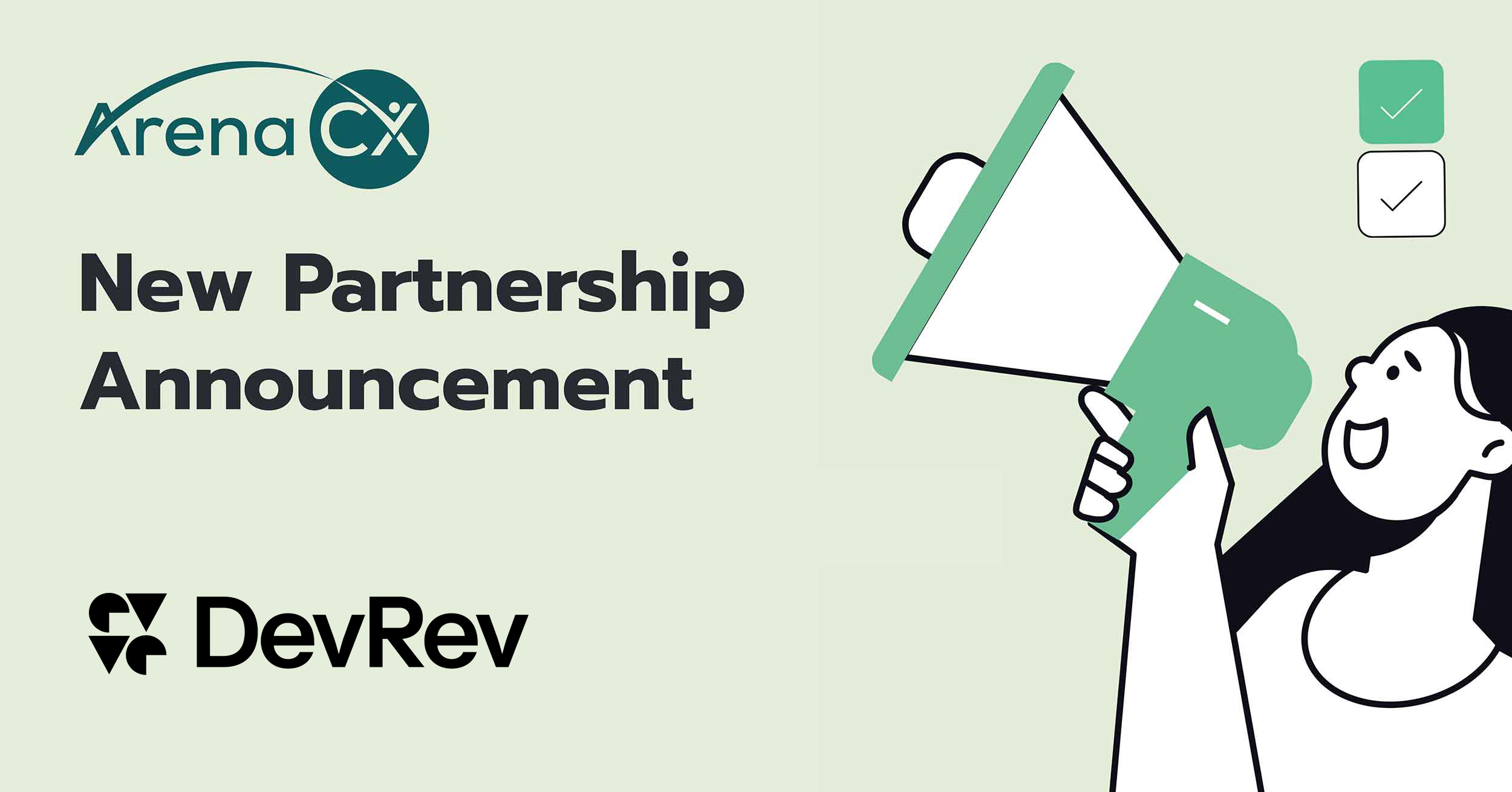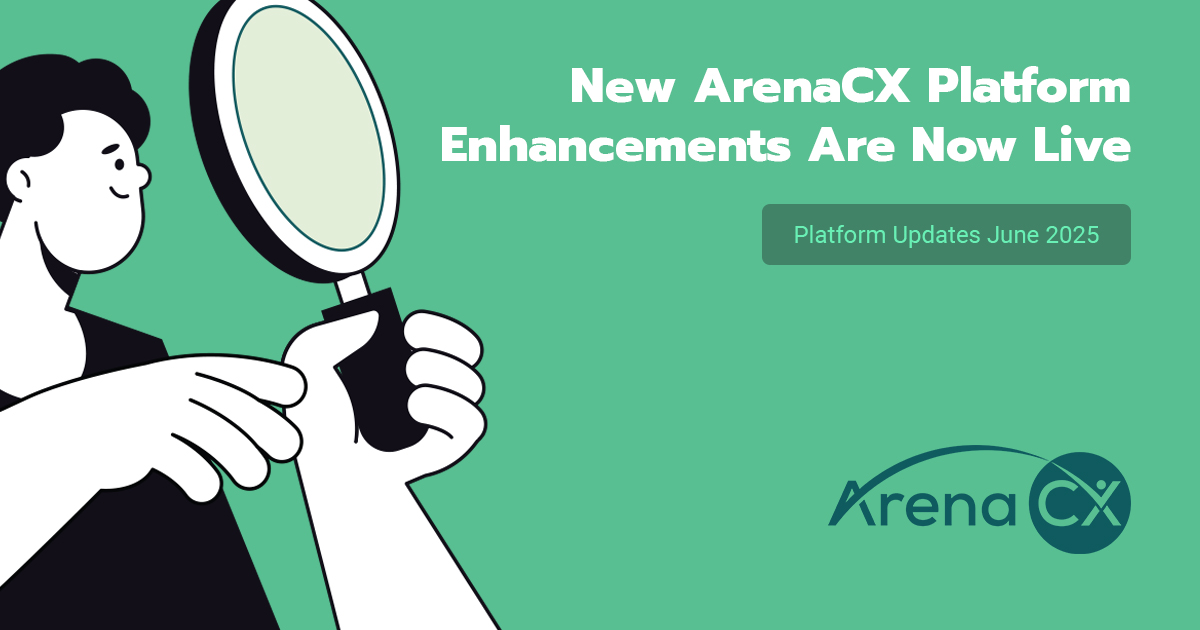This is the seventh post in a series about improving human-bot relations in customer service. See my page to get caught up.
Resiliency is the ability of your customer service network to take a punch. Your resiliency is tested when the capacity in your system unexpectedly shrinks. What if one of your centers faces a natural disaster? Or a wave of callouts due to sickness (or a pandemic)? What if their computer systems become compromised due to a data breach, malware, or ransomware attack? What if a key partner lands a big new client and takes its eyes off the ball?
Many customer service programs around the world were unprepared for COVID-19. Wharton Magazine explains, “As Americans went into lockdown, so too began an epic shutdown of the world’s largest offshore call centers that … are the backbone of much of our customer support services. [1]
Personally, I received an automated customer service response last week telling me that, “because we are experiencing an unusually high number of calls,” I should expect a reply to my email in 7 weeks! I’ve also recently heard about a name-brand global purveyor of customer service software having a wait time of over a week.
Friends, we can do better!
In IT, as in much of business, the concepts of disaster recovery and business continuity planning (BCP) are ubiquitous. Key features of these programs are data backup and redundancy. In our customer service world, this means we should have multiple independent resource pools (read, contact centers) who are cross-trained and able to access the same data streams (read, ticket queues). If one resource pool becomes impaired, others can step in at a moment’s notice.
I have personally deployed this strategy in customer service, been stress-tested by real-world circumstances, and know from experience that this approach works. For example, one of my ArenaCX clients experienced a major blow to capacity when a BPO partner faced a prolonged systems outage. Instead of creating a ticket backlog and lots of unhappy customers, we instantly adjusted the flow of tickets to other client-approved partners in the network. Despite a 30+% hit to capacity, the business carried on without any cost increase or drop in performance.
For those who would like a deeper dive into customer service resiliency, here’s a white paper I contributed to on this topic.
Up next: The “Case Economy:” decentralizing to improve decision-making in customer service | Medium
[1] https://magazine.wharton.upenn.edu/digital/covid-19s-impact-on-call-centers/
Related Articles
Want more? Here are some other blog posts, topics and articles you might be interested in.












